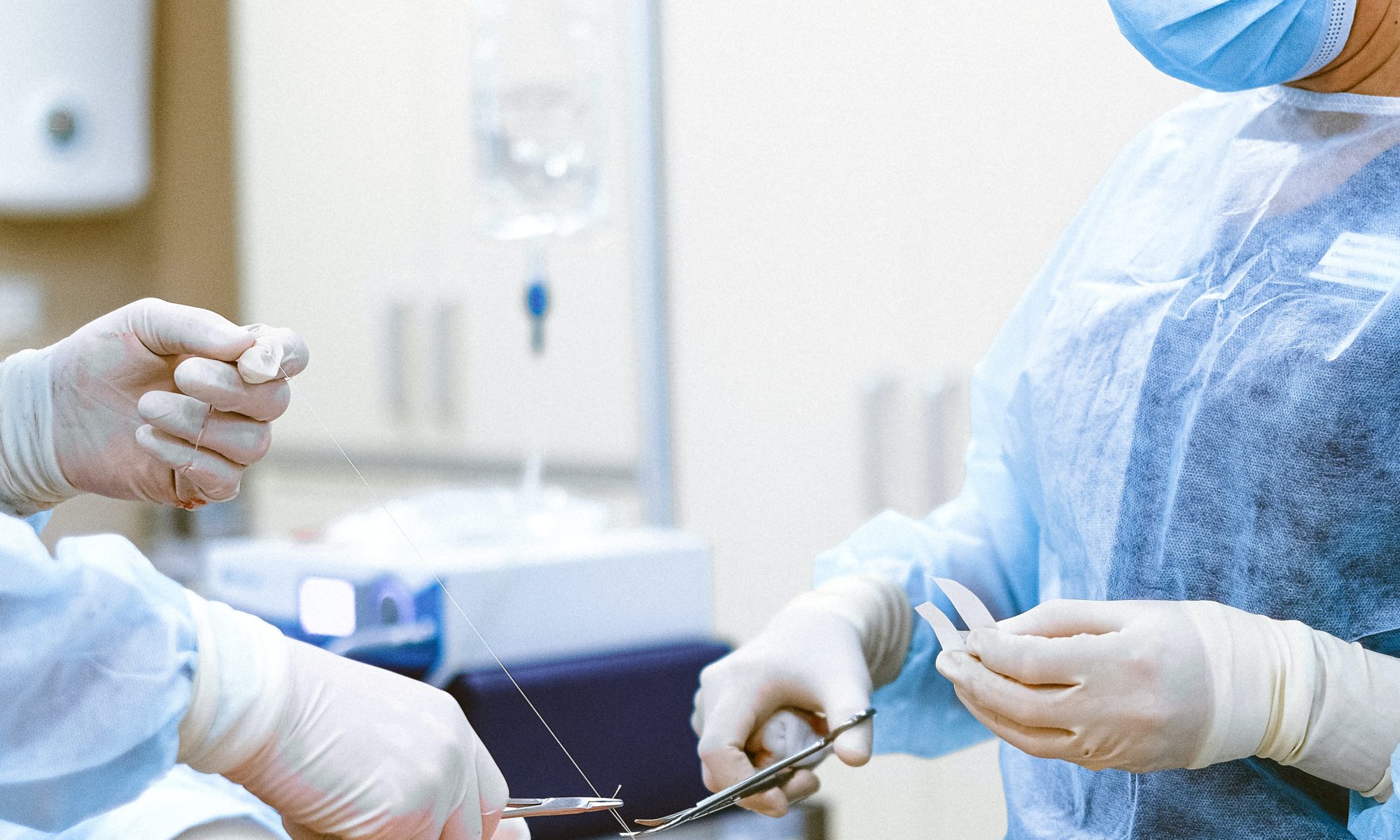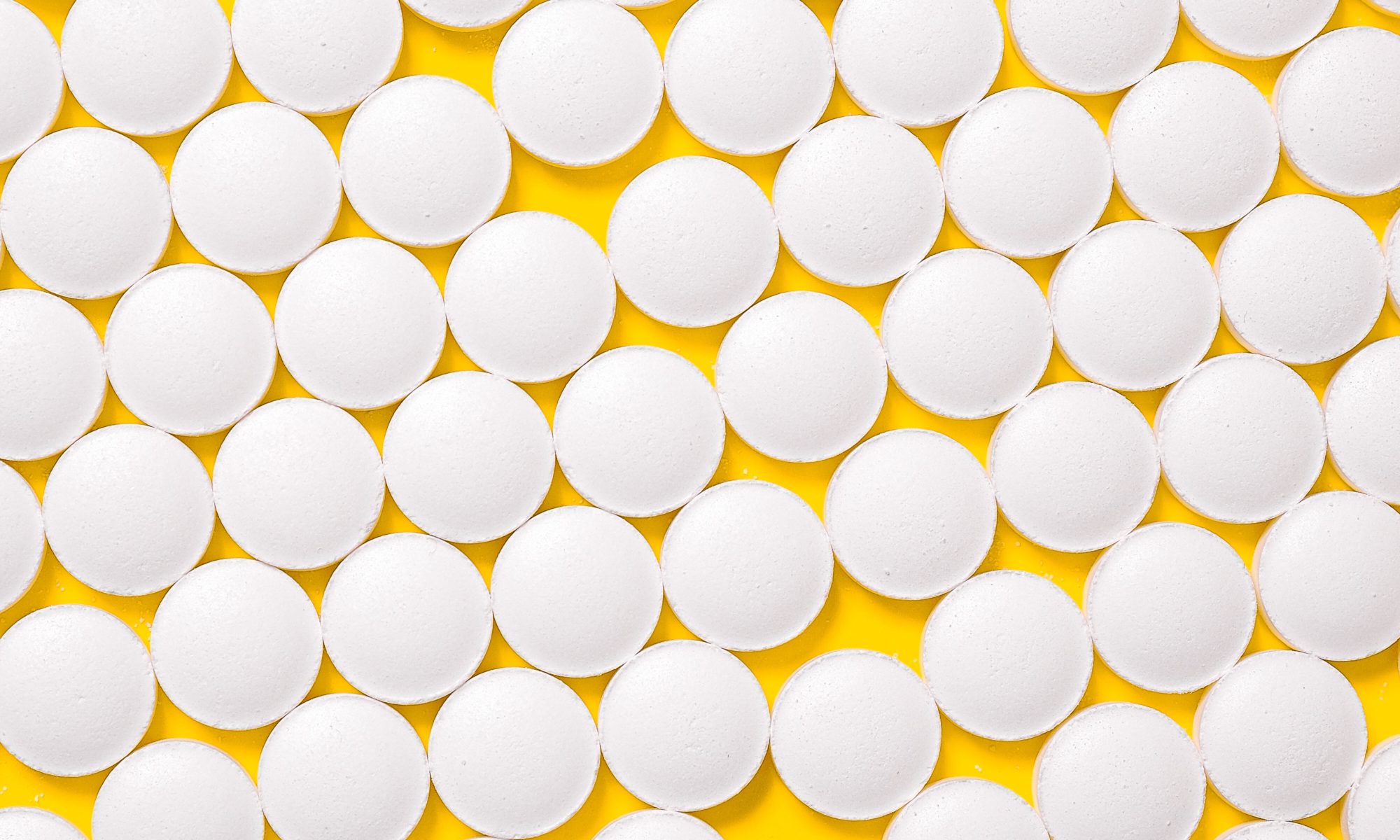Highlights:
● Emyria and the University of Western Australia (UWA) have received positive screening
results from the second batch of MDMA analogues sent to Eurofins (EPA:ERF)
● 16 of 17 novel compounds synthesised and screened demonstrated no interactions
with selected “anti-targets” (receptors and enzymes known to be involved in
unwanted side effects); These results bring total count of successfully screened
analogues in the proprietary library to 83 of 85, and growing
● New compound synthesis is ongoing; Third batch of MDMA analogues now being
prepared for initial screening with Eurofins
● Emyria and UWA have also entered into an agreement with a leading contract
research organisation (CRO) to evaluate “drug-likeness” for the partnership’s highest
priority MDMA analogue candidates; Further studies will compliment preclinical
screening work currently being planned with University of Sydney
● Novel MDMA analogue development progressing well alongside Emyria’s cannabinoid
programs, with preliminary EMD-RX5 Phase 1 results to be received end of this week
Emyria Limited (ASX: EMD) (Emyria or the Company), a clinical stage biotech developing
multiple treatments for unmet needs powered by real-world patient data, is pleased to
announce positive progress on its MDMA (aka ‘ecstasy’) analogue development program
being run in partnership with the University of Western Australia (UWA).
Positive screening results grows MDMA analogue library
16 of 17 compounds sent from the second batch of analogues successfully passed screening with Eurofins at the test concentrations, meaning these compounds showed no evidence of interactions with one or more of the enzymes or cell receptors (“anti-targets”) that can be associated with unwanted clinical side effects.
These positive results bring the total count of successfully screened MDMA analogues to date to 83 out of 85. (See ASX release 08 Dec 2021)
Additional preclinical screening is now being planned with a leading CRO who will perform
a number of assays to evaluate the solubility, partition coefficients and metabolic stability of each compound. These assays can help to predict absorption and brain uptake rates and
help identify compounds that are similar to MDMA in potency but with faster onset and
shorter half-lives, which may be more suitable for clinical applications.
Leading MDMA analogues will undergo more sophisticated pharmacokinetic studies, which
is important in helping select compounds for further in vivo efficacy studies.
The MDMA analogue library
Emyria recently secured exclusive rights to a library of more than 100 novel MDMA
analogues (and growing) from the University of Western Australia creating a unique
drug-discovery pipeline. (See ASX announcement 05 Aug 2021)
The analogues are unique chemical entities that are structurally similar to
3,4-Methyl enedioxy methamphetamine (‘MDMA’, ‘ecstasy’) but designed to engage
different neurological targets based on feedback from earlier screening work.
MDMA-analogues have shown promise as next-generation psychedelic-assisted therapies
and treatments for neurological disorders, such as Parkinson’s Disease. For some
indications, it may be desirable to moderate (increase, decrease or remove) the euphoric
and stimulant effects of MDMA. The development program has been designed to create
MDMA-like compounds that are more selective for specific neurological receptors and
with the potential to become treatments for large patient populations.
Each new compound created is guided by prior screening results. Follow-on preclinical
development programs are being planned with key partners to identify which
compounds have the strongest IP and the greatest potential to become either next
generation psychedelic-assisted therapies or treatments for other neurological disorders.
Emyria’s Managing Director, Dr. Michael Winlo said: “Emyria and development partner,
the University of Western Australia, now have a set of over 80 MDMA-like compounds
with strong IP and therapeutic potential.
We are now planning pivotal preclinical studies to help identify which of these
compounds may have the potency of common MDMA but with enhanced safety and
shorter acting times and half-lives. We anticipate this screening program will help
identify compounds with the potential to become registered treatments for other
neuropsychiatric conditions.
This announcement has been approved and authorised for release by the Board of Emyria
Limited.
For further information:
Dr. Michael Winlo Lexi O’Halloran Andrew Williams
Managing Director Investor Relations Media Relations
+61 (0) 8 6559 2800 +61 (0) 404 577 076 +61 (0) 412 614 125
mwinlo@emyria.com investors@emyria.com awilliams@emyria.com
About Emyria (www.emyria.com)
Emyria Limited develops biopharmaceuticals guided by proprietary Real-World Data
collected with patients across its wholly-owned clinical service subsidiary, Emerald Clinics.
Emyria’s current clinical development programs are focussed on the registration of
proprietary formulations of cannabinoid-based medical treatments (CBMTs) and novel
MDMA (‘ecstasy’) analogues with major global regulators. Emyria’s programs target major
unmet needs such as mental health disorders and chronic pain.
Emyria’s Real World Data (RWD) guides each of Emyria’s clinical development programs
and care models. Emyria RWD is deep, ethically-sourced clinical evidence gathered with
thousands of patients who also receive personalised care at Emerald Clinics.
Emyria is therefore uniquely providing care to patients, generating clinical evidence and
advancing multiple proprietary treatment programs towards registration.
Cautionary Note on Forward-Looking Statements
Any statements in this press release about future expectations, plans and prospects for the
Company, the company’s strategy, future operations, and other statements containing the words “anticipate,” “believe,” “estimate,” “expect,” “intend,” “may,” “plan,” “predict,” “project,” “target,” “potential,” “will,” “would,” “could,” “should,” “continue,” and similar expressions, constitute forward-looking statements. Actual results may differ materially from those indicated by such forward-looking statements as a result of various important factors, including: the Company’s ability to successfully develop its product candidates and timely complete its planned clinical programs and the Company’s ability to obtain marketing approvals for its product candidates. In addition, the forward-looking statements included in this press release represents the Company’s views as of the date hereof. The Company anticipates that subsequent events and developments will cause the Company’s views to change. However, while the Company may elect to update these forward-looking statements at some point in the future, the Company specifically disclaims any
obligation to do so. These forward-looking statements should not be relied upon as representing the Company’s views as of any date subsequent to the date hereof.






